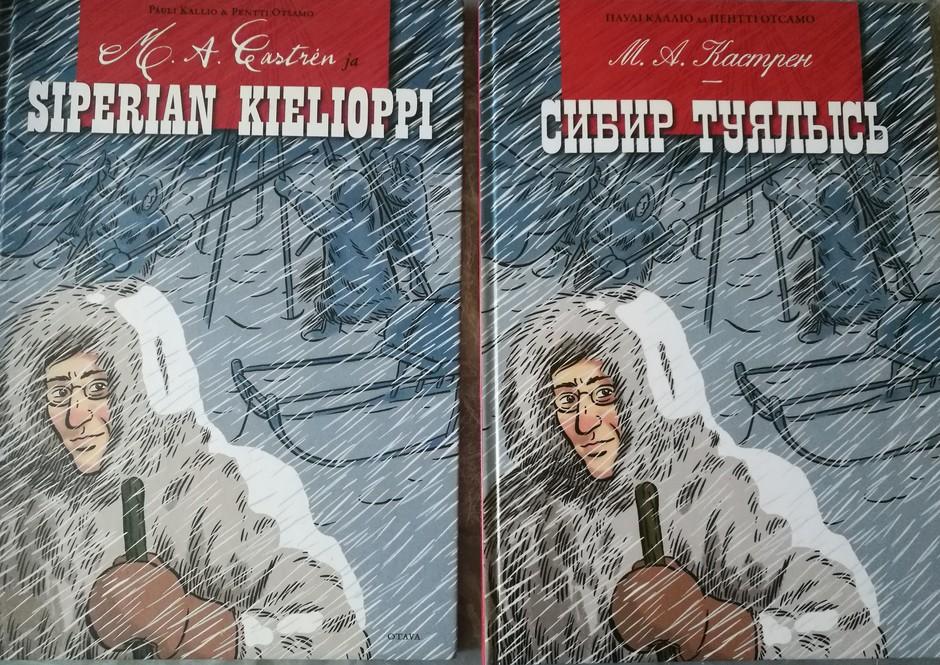Castrén in the lands of the Khanty and Mansi 1843
In his diary, M. A. Castrén describes his impressions of his first trip to the lands of the Khanty and Mansi:
“At times it has appeared to me that the sharp instinct, innocent mind and kind heart of the so-called ‘natural peoples’ put the entirety of European knickknack wisdom to shame in many respects. However, it is to my regret that, when wandering in the wilderness, I have observed in natural peoples not only many beautiful, good and noble features but at the same time so much horrifying, animalistic cruelty that, after all, leads me to bemoan moreso than love those peoples. Such experiences have not, however, reduced the warmth of my joy of having finally reached the land of my dreams and being amidst tribes that are close or more distant descendants of the mother of Kalevala. It is specifically in order to familiarise myself with these tribes that I have made my way to Obdorsk (today’s Salekhard), the northernmost Western Siberian colony situated near the mouth of the Ob River.
Over the night, the storm passed off and the next morning we arrived at the yurts at Megion. Whilst departing from there, I seated myself on the deck to watch the river flow and the surrounding untamed wilderness pass by. Nothing new or out of the ordinary met my eye. Each stretch of the river was exactly the same as the previous one, with its flow as smooth, with the river as vast, desolate and forsaken. The shores of the river were the same everywhere – low, muddy, precipitous and with endless willows. Viewed through European eyes, the Ob is a wild and tedious river hardly capable of evoking any other emotions in the viewer than yearning and melancholy. But ask a native Russian through which eyes he views the river, and his brief yet telling reply will be: ‘Ob is our mother.’ Or pose the same question to the old Ostyak who is at the helm and, without doubt, still obedient to his forefathers’ faith and customs. If he is honest, his reply will be something along these lines: ‘Ob is the God we honour as the highest of our Gods, to whom we address our most fervent of prayers and who we approach with our richest offerings.’ For the inhabitants of this land, Ob is the giver of all good things, and without her no man would likely have set foot on this land.”
M. A. Castrén. Nordiska resor och forskningar af M. A. Castren [Nordic Expeditions of M. A. Castrén]. WSOY 1967. p. 260
